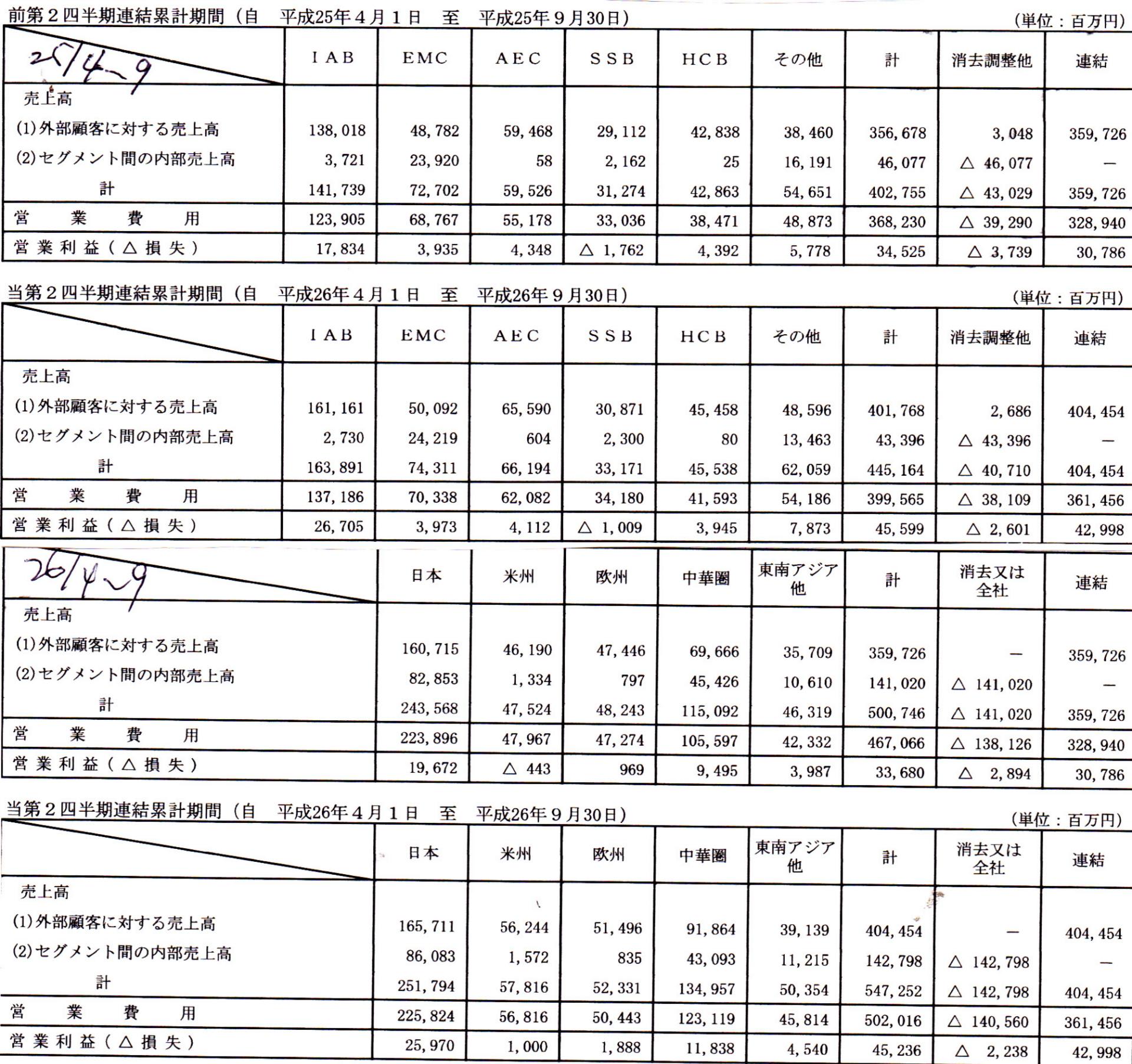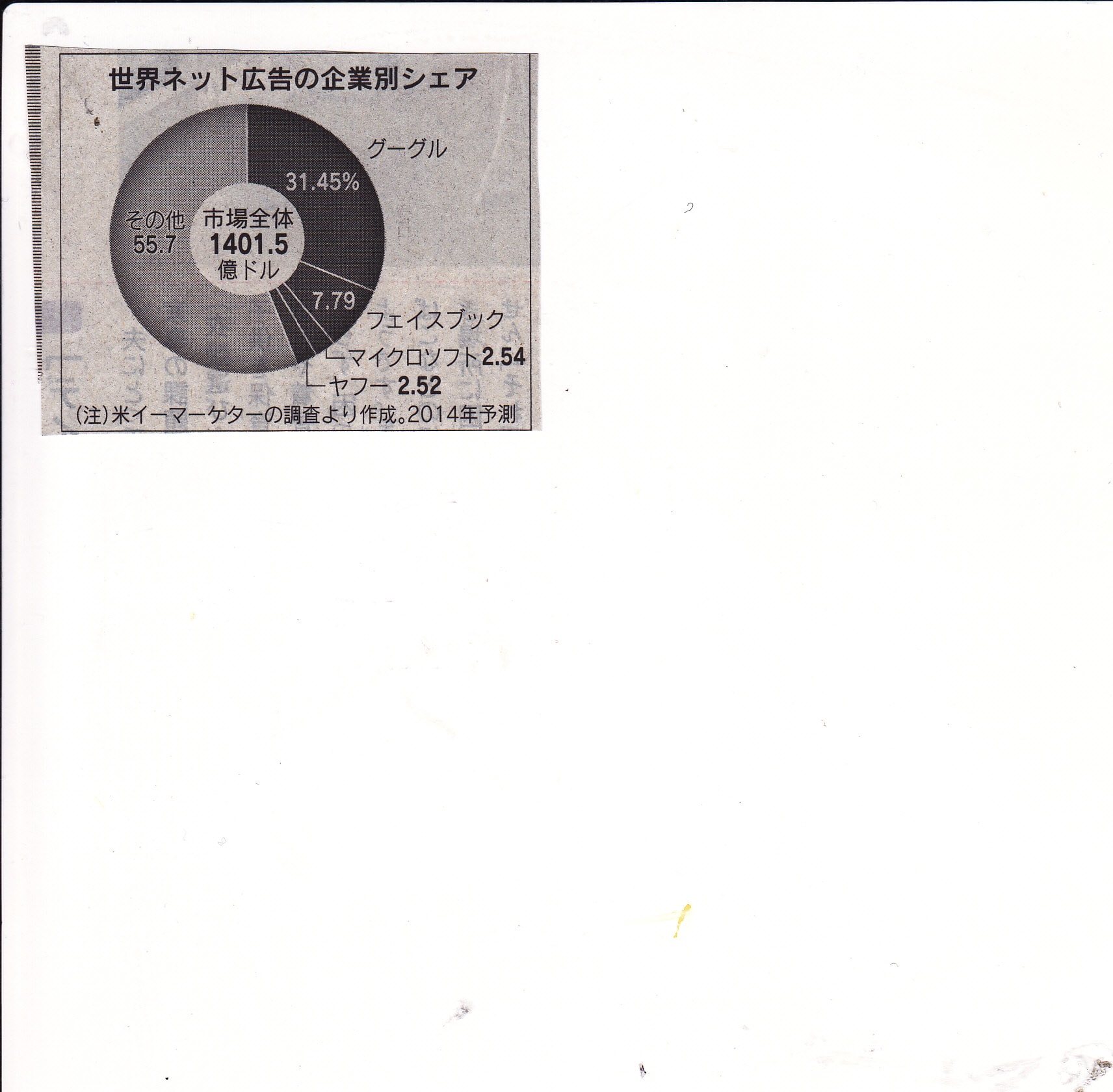*国内マーケ企業から世界企業へ、国内だけのマーケ企業は結局,Bigマーケのアクセサリー?米ファンドの、ペインキャピがマクロミル買収後の最初の、M&A、当初からのツモリの具体化、メトリックスの売り上は130億円?買収後の売り上、300億円、
マーケティング調査で国内2位のマクロミルが、オランダの同業大手、メトリックスラボ社を買収したことが分かった。買収額は約170億円。メトリックスが持つ欧米での調査網を活用し、国内企業の海外での調査業務や、海外企業の日本での調査需要を取り込む。メトリックスの創業者がマクロミルの新社長に就任し、杉本哲哉会長兼社長は会長職に専念することも決めたもようだ。"これにより、売上を単純に合算すると300億、メトリックス社のCEOをマクロミル社の社長に迎える模様。
マクロミルは、東京証券取引所市場第一部から株式を非公開化し、14年5月1日をもってBain Capital Partners, LLC 及びそのグループ会社が発行済株式のすべてを保有する会社となりました。マクロミルは、中長期的な成長を目指し、べインキャピタルと協働しながらグローバル化、M&A、新規サービスに対する投資を含む種々の施策実行に取り組んでおります。
MetrixLab社は、1999年にオランダで創業し、ネットリサーチ専業としてヨーロッパでグローバルに事業展開する大手企業へサービスを提供しつつ、業容の拡大を遂げてきました。また、12年には、米国にてオンラインリサーチ事業を営んでいた米国法人MarketTools, INC.を買収し、現在は、欧州、米国、中国、ブラジルなど世界9ヶ国17拠点に展開するなど、積極的なグローバル展開を推し進めています。年間売上規模は約70億円と、ネットリサーチ専業のマーケティングリサーチ企業としては、当社に次いで世界で第2位の規模まで成長をとげております。MetrixLab社は、欧米で350万人規模の自社パネルを保有しており、また、スマートデバイスやSNS、GPSを活用したマーケティングリサーチソリューションの開発、アイトラッキング、AR(仮想空間)等、最先端のテクノロジーを活用したソリューションの研究にも取り組んでおります。
今回MetrixLab社を買収することにより、マクロミルは日本だけでなく米国、欧州の主要な国や地域において、大規模なパネルを保有するマーケティングリサーチ企業となります。加えて、マクロミルがこれまで培ってきた日本およびアジア地域における営業力、リサーチスキル、システム・サービス開発ノウハウと、MetrixLab社が持つ欧米諸国におけるマーケティングリサーチに係るノウハウ、先鋭的な研究開発に関する知見、グローバルビジネスの推進力を融合させることで、マクロミルグループの海外展開をさらに加速させる計画です。
マクロミルグループは、本株式取得により連結売上高は年間で300億円を超える見込みであり、ネットリサーチでは世界最大の企業グループとなるだけでなく、マーケティングリサーチ会社としても世界TOP10に入る規模となります。今後は、欧米に加え東南アジア展開の加速を目指し、年末までに東南アジア初となるシンガポール拠点を設立する予定です。グローバルにおける一気通貫のサービスを提供することで既存のお客様により高いマーケティングリサーチの価値を提供することはもちろん、海外におけるナショナルクライアントにもご活用いただけるサービスの拡充を目指してまいります。
米、ベイン系ファンドがマクロミル買収、
[東京 11日 ロイター] -米投資ファンド、ベイン・キャピタル系のファンドは11日、マクロミルを1株あたり786円で公開買い付け(TOB)すると発表した。マクロミルは、ファンドの投資により株式を非公開化し、将来の経営基盤の強化のための機動的な投資や改革をしやすい態勢にすることが賢明と判断した。
ベイン・キャピタル系のファンド「BCJ─12」によるTOB期間は13/12月12日から14年1月31日までの30営業日。買付け予定株数は約6535万株。上限は設けず、BCJ─12は応募のあった株式すべてを買い付ける。ただ、下限の約4357万株に満たなければ、株式の全部買付けは行わない。
買付け金額は513億7800万円。TOB代理人はみずほ証券。マクロミルのファイナンシャル・アドバイザー(FA)はメリルリンチ日本証券。
TOBが予定通り終了すれば、マクロミルの株式は上場廃止になる予定。BCJ─12は、マクロミルの杉本哲哉会長兼社長や同氏の資産管理会社のほか、約22%の株式を保有するヤフーから、今回のTOBへの賛同を得ている。
マクロミルはネットリサーチ会社として成長を遂げ、今後はマーケティング周辺のビジネス領域への参入や、M&Aなどの投資を検討している。そのためには一時的なキャッシュフローの悪化なども見込まれるため、非公開化を選択した。投資者であるベインは、同社の事業の特性や成長性に着目している。
BCJ─12は米投資ファンド、ベイン・キャピタルが投資助言するファンドの完全子会社。ベインは総額750億ドルの運用資産を持つファンドで、日本ではすかいらーくやドミノピザ・ジャパンなどへの投資実績がある。
(江本恵美 編集:田中志保)
Bain Capital is a global alternative investment firm based in Boston, Massachusetts. It specializes in private equity, venture capital, credit products and absolute return investments. Bain Capital invests across a range of industry sectors and geographic regions. As of June 2014, the firm managed more than $75 billion of investor capital across its various investment platforms.
The firm was founded in 1984 by partners from the consulting firm Bain & Company.[2] Since inception it has invested in or acquired hundreds of companies including AMC Theatres, Aspen Education Group, Brookstone, Burger King, Burlington Coat Factory, Canada Goose, Clear Channel Communications, Domino's Pizza, DoubleClick, Dunkin' Donuts, D&M Holdings, Guitar Center, Hospital Corporation of America (HCA), Sealy, Sports Authority, Staples, Toys "R" Us, Warner Music Group and The Weather Channel.[3]
As of 2014, Bain Capital employs more than 900 people, most with previous experience in consulting, operations or finance.[citation needed] Bain Capital is headquartered at the John Hancock Tower in Boston, Massachusetts with additional offices in New York City, Chicago, Palo Alto, London, Luxembourg, Munich, Hong Kong, Shanghai, Mumbai, Tokyo and Melbourne.[4]
The company, and its actions during its first 15 years, became the subject of political and media scrutiny as a result of co-founder Mitt Romney's later political career, especially his 2012 presidential campaign.[5][6]
Bain & Company is an American global management consulting firm headquartered in Boston, Massachusetts. It is one of the Big Three management consulting firms. The firm provides advisory services to businesses, nonprofit organizations, and governments.[1] Bain has 51 offices in 33 countries[2] and more than 5,400 employees. Its has been described in Forbes Magazine as one of the most prestigious management consulting firms.[3]
Bain & Company was established in 1973 by a group of ten employees of The Boston Consulting Group. The leaders were BCG VP William W. Bain, Jr. who held a 35% interest; BCG VP Pat Graham, who held a 25% interest; and BCG Case Manager George B. Bennett, who also held a 25% interest. The balance was split among seven younger former BCG staff members, who helped form the firm.
Two BCG clients went with the breakaway group, Texas Instruments and Black & Decker. These formed the client base for the first year, after which the Bain & Co. client base expanded rapidly.
The company was originally headquartered in Lexington, Massachusetts on Militia Drive. By the end of the decade, the firm's headquarters were in Faneuil Hall Marketplace in downtown Boston.
Founder George Braxton Bennett left during Bain's early development, to form his own consulting company, Braxton Associates.
Under Bain's direction, the firm implemented a number of practices that were unusual to the consulting industry in its early years. Notably, Bain & Co. would work with only one client per industry to avoid potential conflicts of interest.[4] Partners did not carry business cards and clients were referred to by code names to enforce client confidentiality. The company won clients by boardroom referrals rather than marketing, and claimed its consultants worked on increasing a company's market value rather than simply handing clients a list of recommendations.[5] To win business, Bain demonstrated the increase in the price of their clients' stocks relative to the Dow Jones Industrial Average.[6]
The firm's founding was followed by a period of growth in the late 1970s and early 1980s as the firm opened offices in Menlo Park, California, London, Munich, Paris, and Tokyo.
Another consulting approach used at Bain & Co. was accepting equity in lieu of fixed fees. An estimated 10% of Bain's revenue is derived from this equity participation or "success fees". For example, the firm took an ownership stake in fruit processor Del Monte Foods while working to revamp the company's strategy.[7] "Coming into a leveraged buyout situation is never easy", said Del Monte CEO Richard Wolford. "Knowing Bain and their desire to deliver results, they probably would have provided ongoing support regardless. But the fact they own a stake doesn't hurt."












